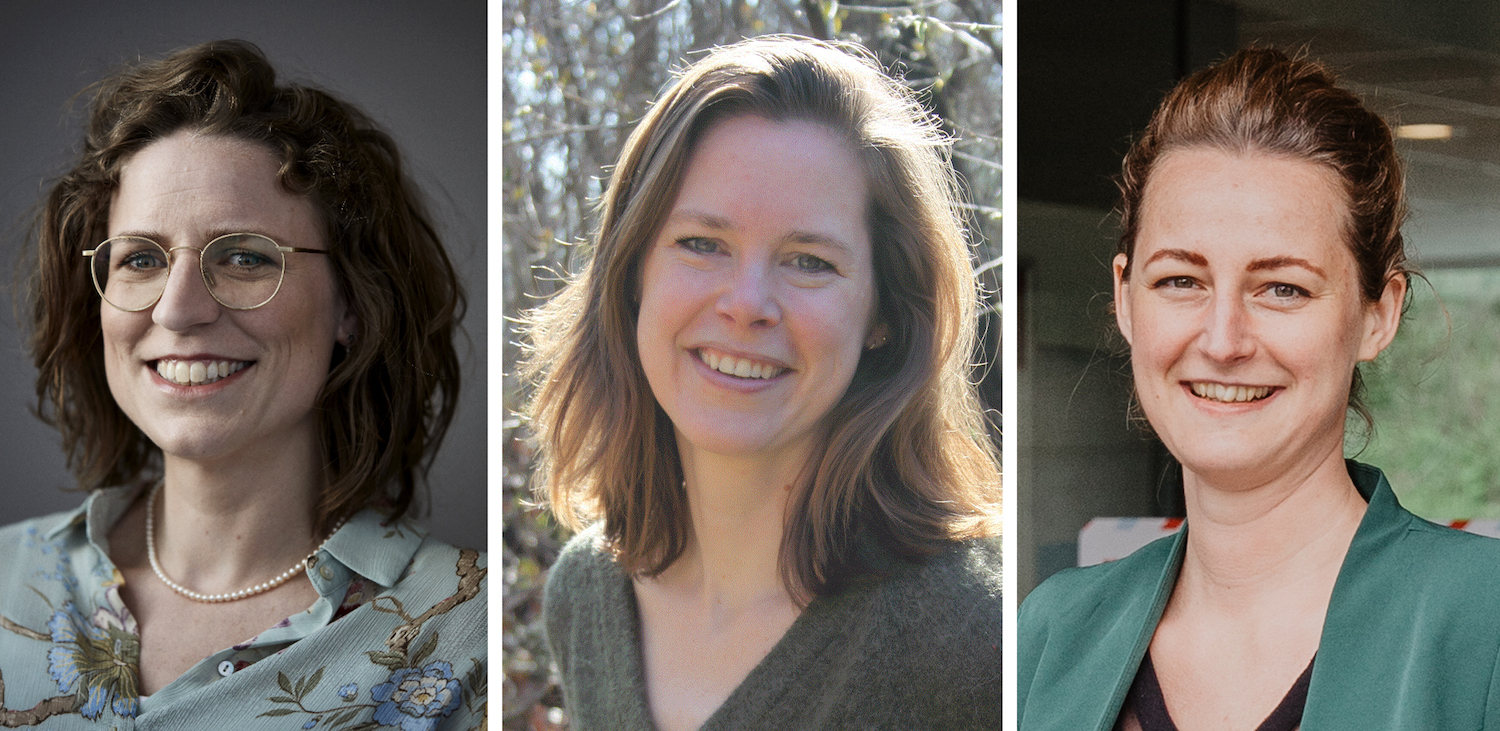 Elsje van Bergen, Marij Hillen and Joreintje Mackenbach
Elsje van Bergen, Marij Hillen and Joreintje Mackenbach
Growing up among bright books and generous genes
Dr. E. van Bergen, Vrije Universiteit Amsterdam
Does your child read well because you have read to them, or because you have passed on beneficial genes? And do your genes influence how much you read to your child? A psychological scientist will study in parents and children how genes and the home environment influence educational achievement. To discover which factors influence how children learn and progress, she will offer families access to online literacy and math games designed to boost learning.
Discussing the unknown - an interdisciplinary perspective on communicating uncertainty in health care
Dr. M.A. Hillen, Amsterdam UMC - location AMC
Uncertainty is everywhere in medicine, ranging from unclear screening results, through ambiguous diagnosis, to unpredictable treatment effects. Healthcare professionals nowadays need to discuss such uncertainties with patients, but lack guidance in how to do so optimally and without harming patients. This project will map how clinicians can optimally discuss uncertainty with patients in multiple clinical contexts. It will result in practice recommendations and training interventions to support healthcare professionals and patients in recognizing, discussing and managing uncertainty.
Prevention of obesity: from failure to success
Dr. J.D. Mackenbach, Amsterdam UMC – location VUmc
The current approach to obesity prevention is failing. One important but underexposed reason is that public health interventions aimed at reducing the consumption of unhealthy foods are diametrically opposed to commercial strategies aimed at maximizing the sales and consumption of unhealthy foods, and policy makers are reluctant to intervene. In this project, researchers will unravel the ways in which commercial companies influence whether or not effective obesity prevention policies such as a sugar tax are adopted, and identify the conditions under which governments opt for stricter obesity prevention policies.
Read the full release on the NWO website.

